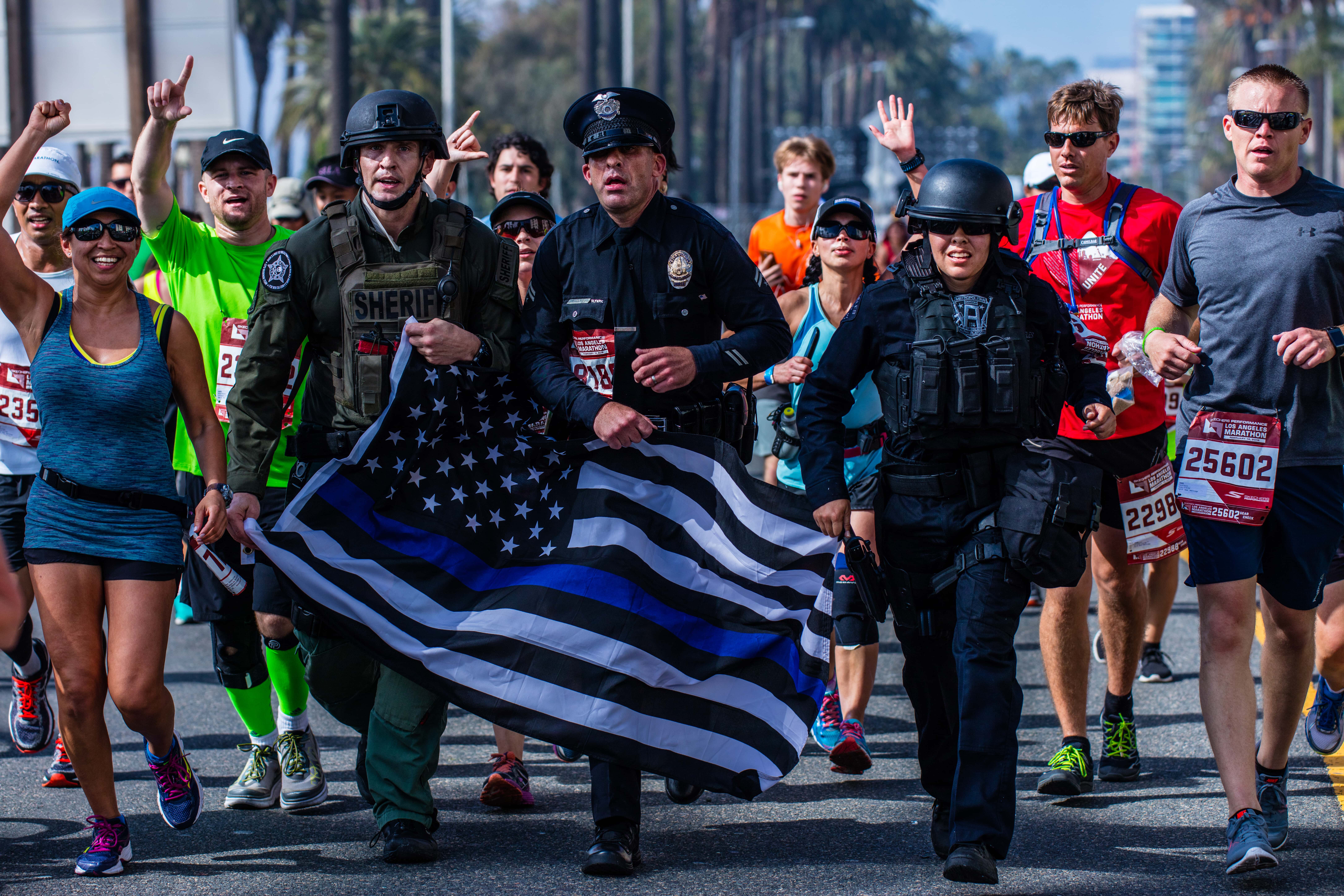
Gloria Romero
The victims of Christopher Dorner’s murderous rampage had barely been laid to rest when former state Senator Gloria Romero took to the pages of the Orange County Register to declare that police disciplinary hearings should be immediately opened to the public.
Apparently, Ms. Romero is still smarting over her failed last-minute legislative maneuver in 2007 to push legislation that would overturn a Supreme Court decision regarding police officers’ personnel hearings. Romero and her supporters, including the ACLU, tried to overturn a California Supreme Court ruling that allowed the hearings to remain closed to the public.
Romero and her supporters engaged in deceitful mudslinging against the LAPD to try to get the bill passed. The successful opposition of the LAPPL and other law enforcement unions helped derail her bad idea, but she continues to distribute misinformation about LAPD officers to help get her bill passed.
When we opposed this bad piece of legislation, what was apparent then was that the bill could not pass on its merits. Instead, she needed a group for the public to hate, and she decided LAPD officers would be that group. It is also evident she is still bitter that law enforcement unions statewide opposed her legislation to overturn the Supreme Court’s decision in the case known as Copley Press v. Superior Court.
Romero, of course, could care less about the privacy rights of the individual officer in the hearing. She failed to acknowledge in her op/ed that an officer who is the subject of the hearing can waive their right to a closed hearing and open it to the public and media. While Romero now claims that she merely wants the public to know why disciplinary action was taken against an officer, her legislation in fact sought to open all hearings to the public regardless of the outcome. The stripping of privacy rights to allow complaints against officers, no matter how frivolous or unsubstantiated, to be made public was rightfully rejected by the California Legislature.
When the public sees LAPD officers, they see people who are willing to lay their lives on the line for others. They don’t see people they should hate. The fact is, police officers have tough, physical jobs and misconduct complaints are a fact of life because the criminals themselves file many false complaints!
Proper oversight is essential to preventing and punishing police misconduct, but officers who have not been charged with a crime should not have their reputations tainted. Board of Rights hearings, as done in Los Angeles, ensure peace officers are held accountable while also protecting their privacy and safety. Furthermore, in criminal cases, upon an adequate showing, judges routinely release names of complaining witnesses who have made a complaint against a police officer who is now a witness in a criminal case to a defendant’s attorneys for impeachment purposes.
Police officers need to feel secure about their personnel records. We take enough risks as it is; our private information should not become another liability. Romero’s 2007 legislation failed because our campaign for officers’ rights won over her campaign slogans and lies.
It is sickening that Romero attempts to use the murder rampage of Dorner to resurrect her failed legislation. To even hint that, had his hearings been open there would have been a different outcome—again, he had the option of an open hearing—is truly standing on the bodies of the dead to make a political point. Romero recognized the idiocy of that argument at the end of her piece, claiming that while it might not have prevented the Dorner murder spree, open hearings would let the public feel there was a fair evaluation and just discipline. That argument had no merit in 2007; it has no merit today.
We invite you to share your thoughts by leaving a comment below.











